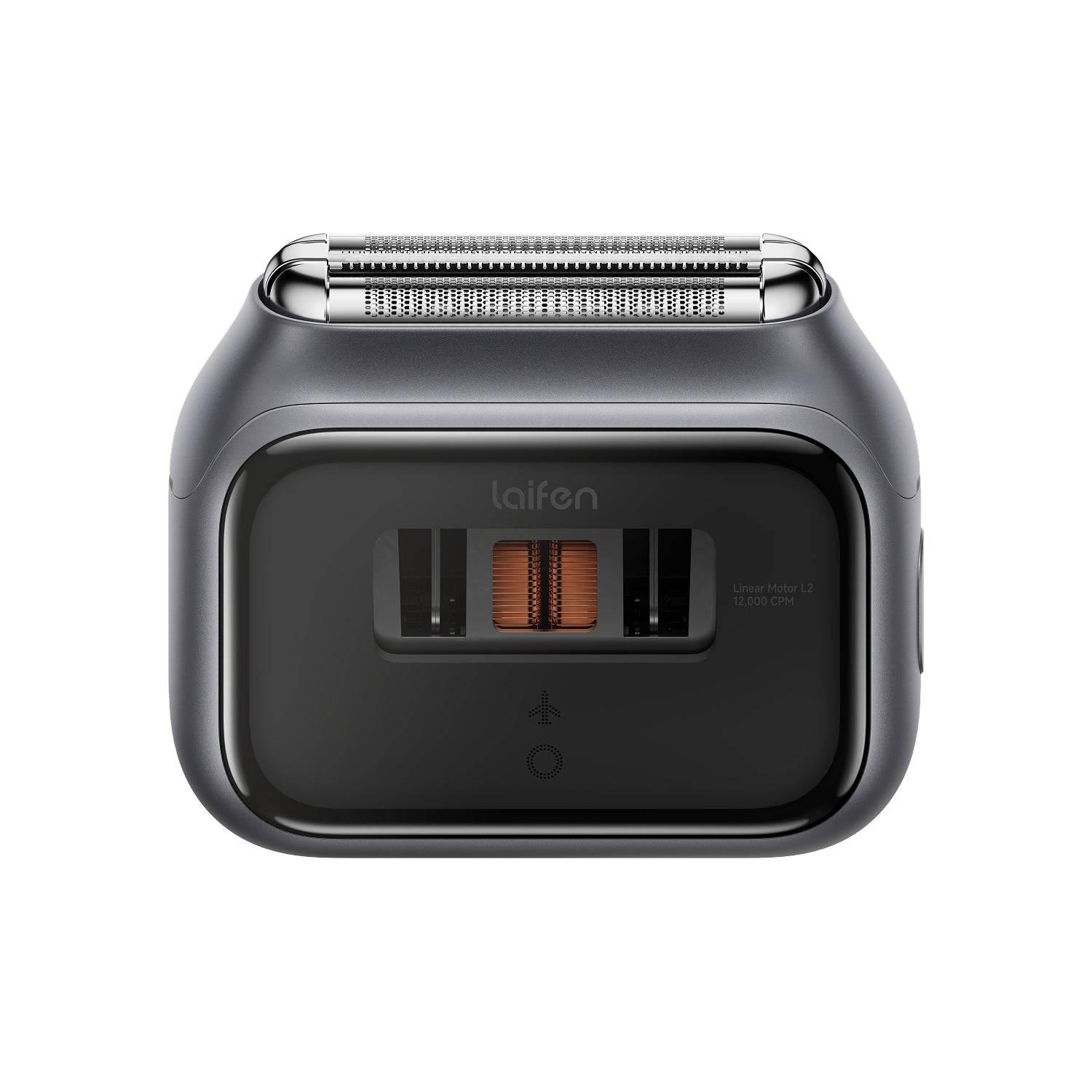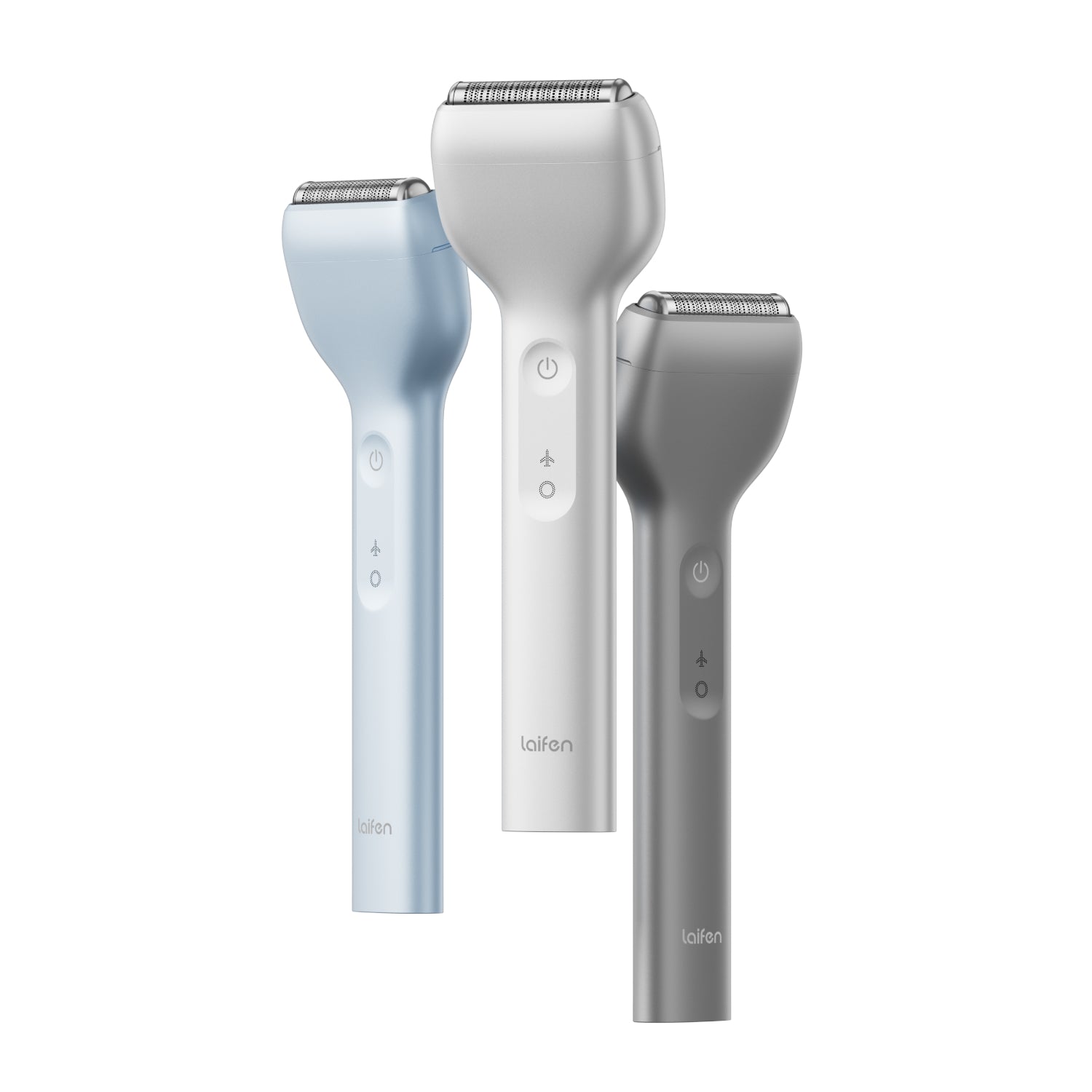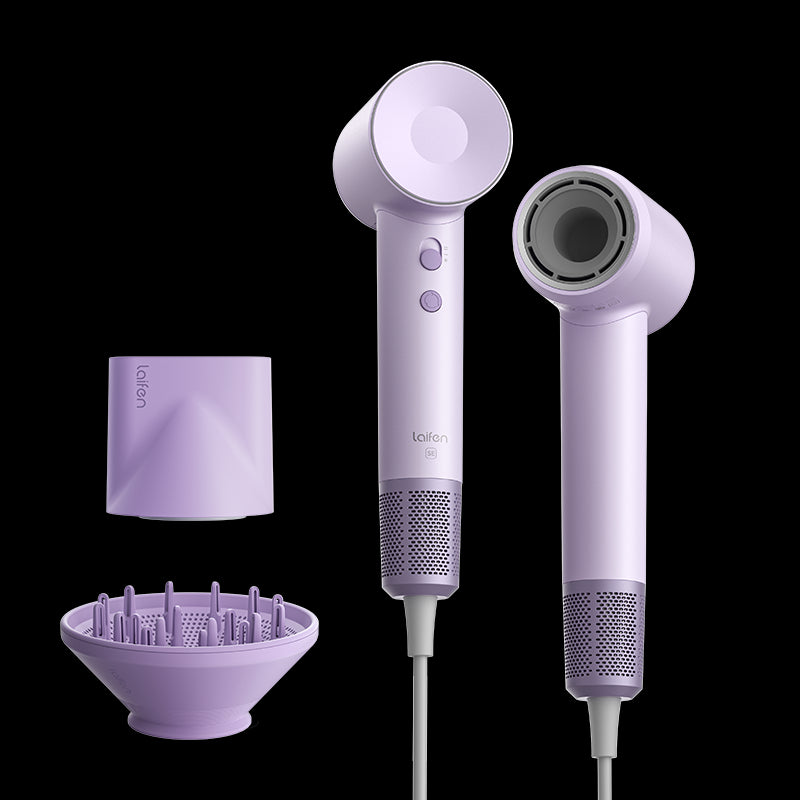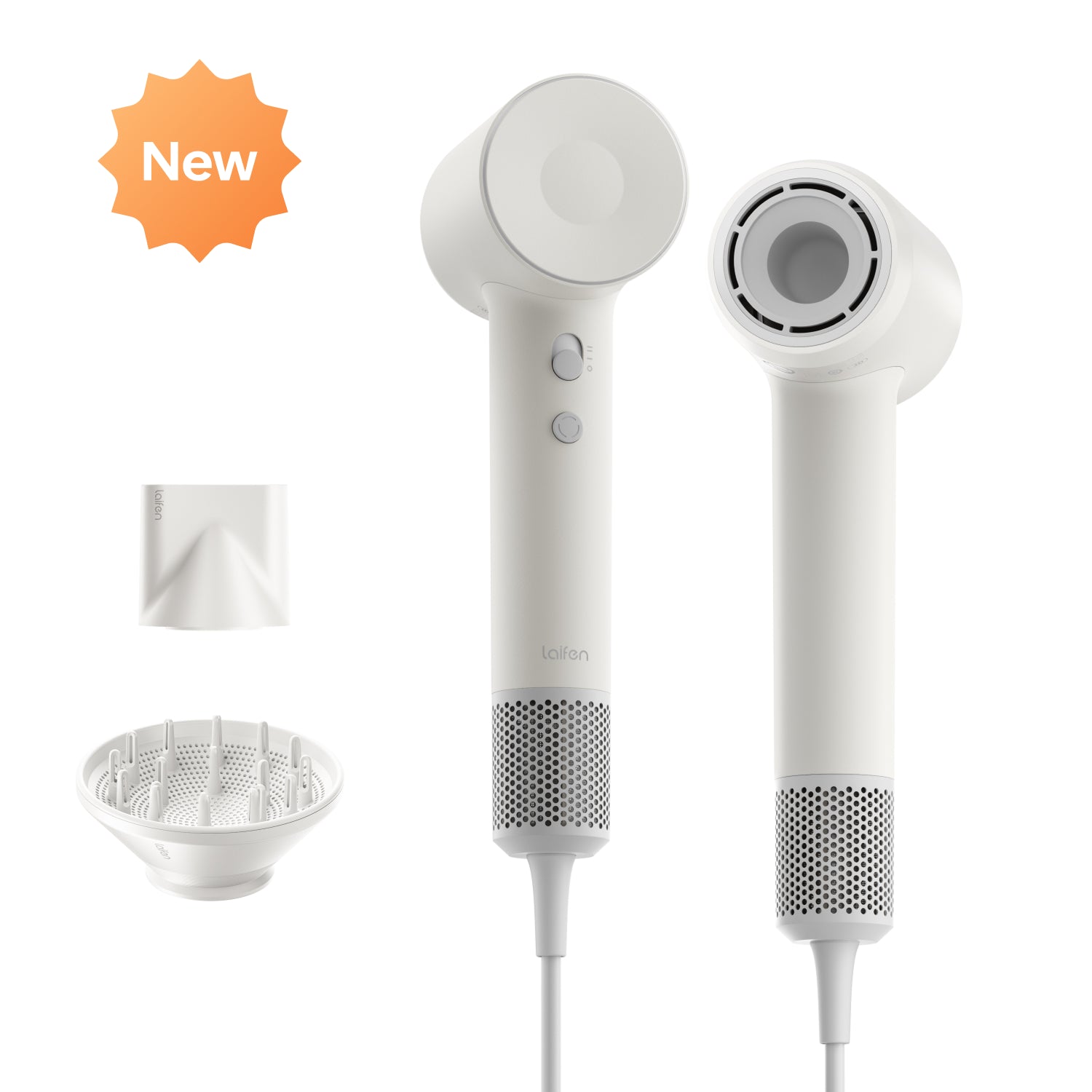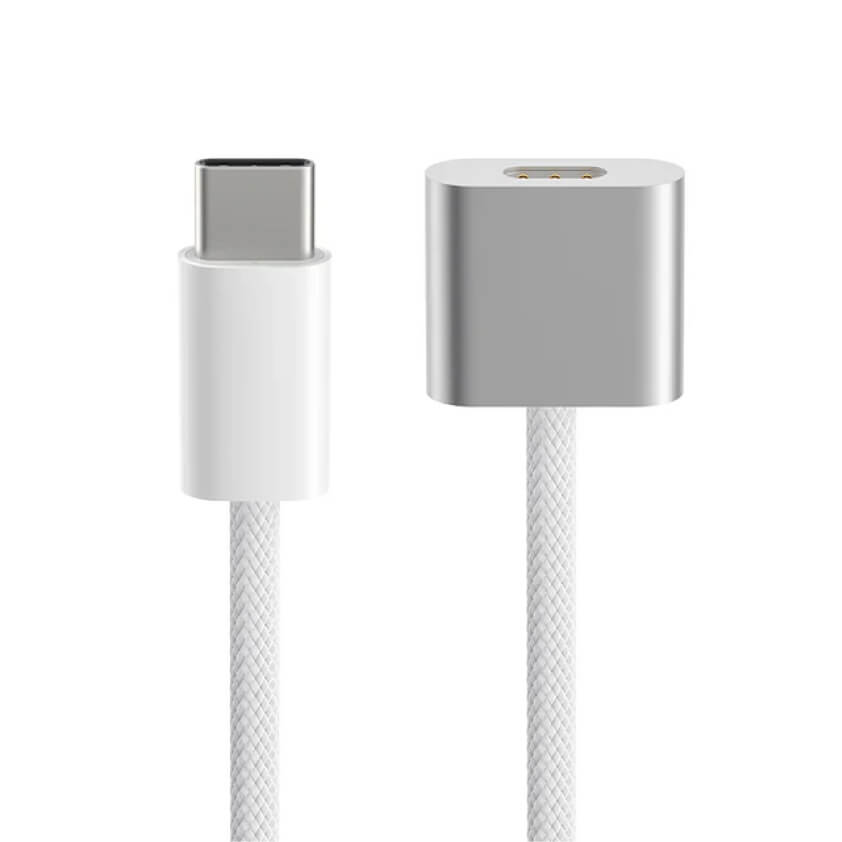Laifen blog
Laifen crafts an avant-garde fusion of premium product services and a bespoke hair care experience. Uncover the tapestry of Laifen hair dryer's stories, dive into the nuances of hair care wisdom, stay ahead with industry whispers, and indulge in the symphony of detailed product revelations.

Do Japanese hotels have hair dryers? Travel smart with this checklist!
Wondering if Japanese hotels have hair dryers? Explore our quick checklist to pack smart, avoid surprises, and keep your hair routine hassle-free while traveling Japan!

15 men's hairstyles from the 1980s to try in 2025
Men 80's hairstyles are making a comeback in 2025. You can find 15 iconic styles from this decade that you might like to try this year.

A comprehensive guide to bohemian braids: Step-by-step guides included
Looking to stay on-trend in 2025? Explore our comprehensive guide to bohemian braids, the hottest hairstyle of the year!

20 iconic haircuts for women with thin hair to try this year
Thin hair? No problem. These 20 iconic haircuts for 2025 are can add volume, style, and effortless charm.

7 K-Popping Korean hairstyles for men to try in 2025
It's time to review the top 7 Korean hairstyles for men in 2025, inspired by BTS and other K-pop icons, transcending borders and perfect for anyone, anywhere!
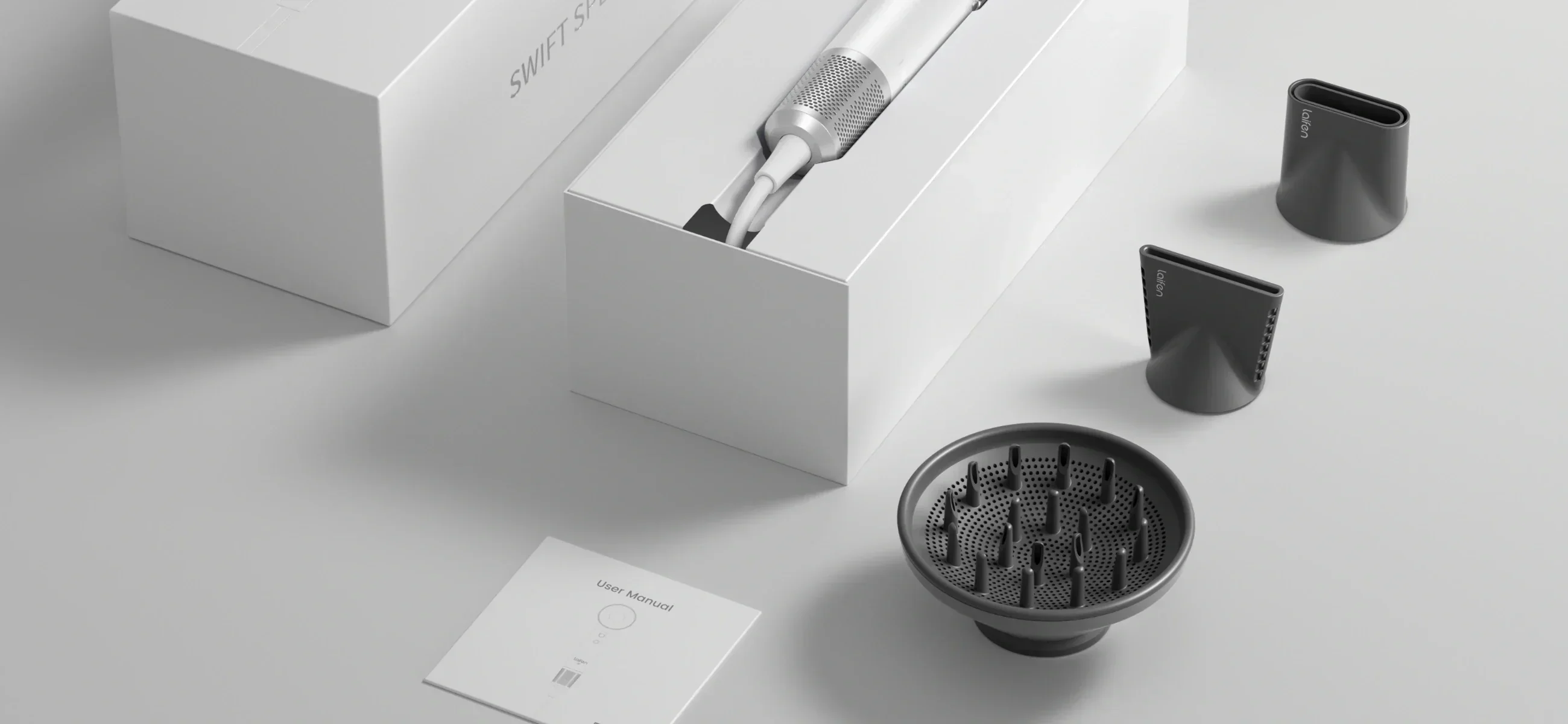
What do different attachments of hair dryers do?
Curious about hair dryer attachments? Locate what they do and how they enhance your styling routine in this informative guide.

4 ways high temperatures affect your hair and scalp
Know about 4 ways high temperatures affect your scalp and hair, as well as effective tips for you to protect them.

Untangling the knot: Iconic man bun styles to rock in 2025
Considering the iconic man bun? Learn about its variants, pros, and cons before showcasing your style in 2025 with confidence.

